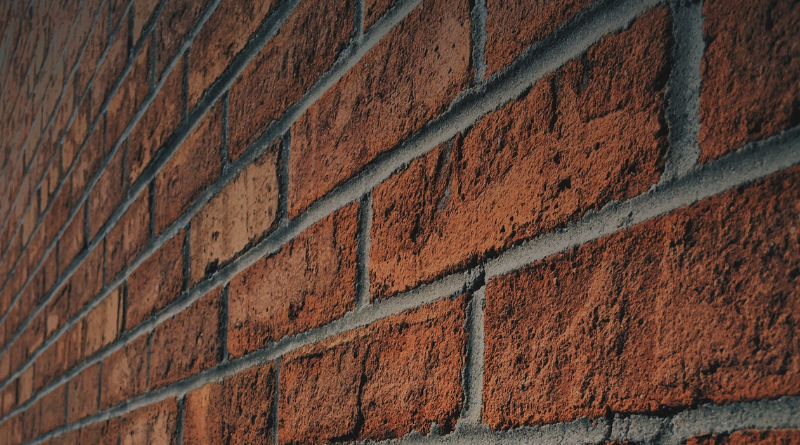Have you found out the best way to heat a basement yet? If not, click on the link to read about it.

Do basement walls need to breathe? It’s a question many homeowners grapple with, and it turns out that the answer isn’t as straightforward as you might think.
Basement walls need air circulation to stay healthy, but how much and what kind of ventilation is key. In this article, we’ll explore the importance of proper airflow in your basement and provide tips on how to achieve it.
Do Basement Walls Need to Breathe?
Yes basement walls need to breathe, but there’s more to it than that. Basement walls need air circulation for several reasons: to prevent mold and mildew growth, keep the air dry, reduce humidity levels, and eliminate musty odors. Poorly ventilated basement walls can cause health issues such as allergies and respiratory problems due to the high levels of airborne contaminants.
So how do you ensure your basement walls have enough ventilation? You can start by installing a dehumidifier in the space. This will help remove excess moisture from the air and reduce condensation on basement walls which can lead to mold growth. Additionally, consider adding an exhaust fan or window vents to increase airflow through the room. Finally, check around doors and windows for any air leaks and use weather stripping or caulk to seal them.
In conclusion, basement walls do need to breathe. By following these simple tips and taking steps to increase ventilation in the space, you can ensure your basement is healthy and comfortable for years to come.
How Do I Keep Moisture Out of My Basement Walls?
Moisture can be a problem for basement walls, but luckily there are ways to help keep it at bay. Make sure to install a dehumidifier in the space and check around doors and windows for any air leaks. Additionally, consider adding an exhaust fan or window vents to increase airflow throughout the room. Finally, use weather stripping or caulk to seal any small gaps or cracks where moisture might enter. With these measures in place, you can rest assured that your basement walls will remain dry and free of moisture damage.
Should I Drylock My Basement Walls?
Should I Drylock my basement walls? Yes. But first of all, what’s Drylock?
Drylock is a type of waterproofing sealant used to protect basement walls from water damage. While Drylock can be effective in keeping moisture out, it should only be used in conjunction with other measures such as proper ventilation, dehumidifiers, and sealing any air leaks. If you’re not sure whether or not Drylock will be the right solution for your basement walls, it’s best to consult with a professional contractor who can assess the situation and recommend the best course of action.
In short, if you want to ensure that your basement walls remain healthy and dry, then yes – you should consider investing in Drylock waterproofing. Taking steps to properly ventilate and seal off the space will help keep moisture out and protect your walls from water damage in the long term.
Also read: How Do I Get Rid of Cold Air in My Basement?

